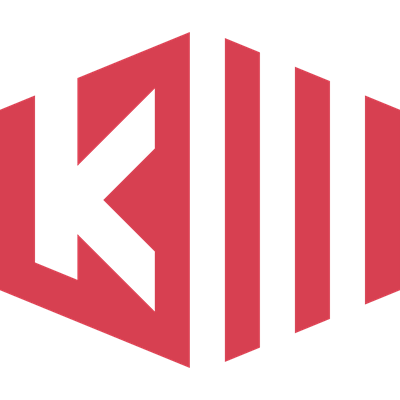dominateˈdɒm əˌneɪt
dominate (v)
- present
- dominates
- past
- dominated
- past participle
- dominated
- present participle
- dominating
dominate
English Definitions:
predominate, dominate, rule, reign, prevail (verb)
be larger in number, quantity, power, status or importance
"Money reigns supreme here"; "Hispanics predominate in this neighborhood"
dominate (verb)
be in control
"Her husband completely dominates her"
dominate, master (verb)
have dominance or the power to defeat over
"Her pain completely mastered her"; "The methods can master the problems"
overshadow, dominate, eclipse (verb)
be greater in significance than
"the tragedy overshadowed the couple's happiness"
dominate, command, overlook, overtop (verb)
look down on
"The villa dominates the town"
dominate (Noun)
A powerful underarm volley shot.
dominate (Noun)
To overlook from a height
dominate (Verb)
To govern, rule or control by superior authority or power
dominate (Verb)
To exert an overwhelming guiding influence over something or someone
dominate (Verb)
To enjoy a commanding position in some field
Dominate
The Dominate was the "despotic" latter phase of government in the ancient Roman Empire from the conclusion of the Third Century Crisis of 235–284 until the formal date of the collapse of the Western Empire in AD 476. It followed the period known as the Principate. In the Eastern half of the Empire, and especially from the time of Justinian I, the system of the Dominate evolved into autocratic absolutism. The term is derived from the Latin dominus, which translates English lord or master. This form of address - already used by slaves to address their masters - was used for emperors from the Julio-Claudian dynasty on, but inconsistently - Tiberius in particular is said to have reviled it as sycophancy. It became common under Diocletian, who is therefore a logical choice as the first ruler of the "early" dominate. Historian David Potter describes the transformation of government under Diocletian when describing the shifts in imagery the Emperor used to display his power: The style of Government so memorably described by Marcus, whereby the emperor sought to show himself as a model of correct aristocratic deportment, had given way to a style in which the emperor was seen to be distinct from all other mortals. His house could no longer be a grander version of houses that other people might live in: it, like him, had to be different.
Dominate
The Dominate, also known as the late Roman Empire, is the name sometimes given to the "despotic" later phase of imperial government in the ancient Roman Empire. It followed the earlier period known as the "Principate". Until the empire was reunited in 313, this phase is more often called the Tetrarchy.It may begin with the commencement of the reign of Diocletian in AD 284, following the Third Century Crisis of AD 235–284, and to end in the west with the fall of the Western Roman Empire in AD 476, while in the east its end is disputed, as either occurring at the close of the reign of Justinian I (AD 565) or of Heraclius (AD 641). In form, the Dominate is considered to have been more authoritarian, less collegial and more bureaucratic than the Principate from which it emerged.
Citation
Use the citation below to add this dictionary page to your bibliography:
Style:MLAChicagoAPA
"dominate." Kamus.net. STANDS4 LLC, 2025. Web. 6 Mar. 2025. <https://www.kamus.net/english/dominate>.






Discuss this bahasa indonesia dominate translation with the community:
Report Comment
We're doing our best to make sure our content is useful, accurate and safe.
If by any chance you spot an inappropriate comment while navigating through our website please use this form to let us know, and we'll take care of it shortly.
Attachment
You need to be logged in to favorite.
Log In